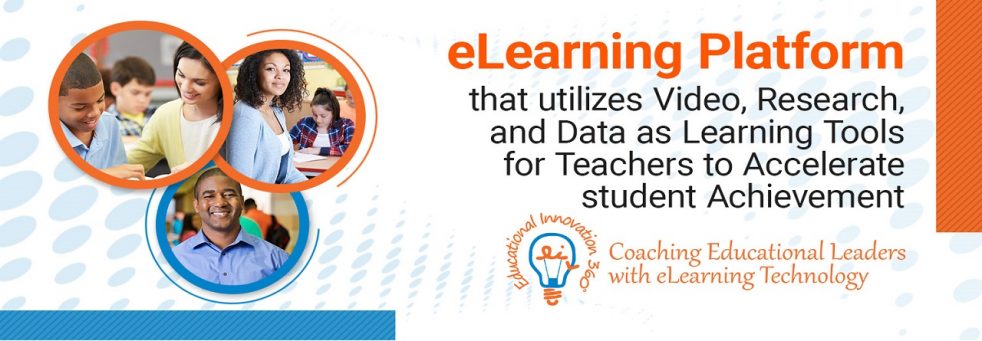The Missing Piece in Teacher Training: Preparing Educators for Effective Parent Involvement
Despite increased emphasis on parental involvement in education, teacher training programs often fall short in this crucial area. Student teachers, while eager to learn about effective parent-teacher collaboration, often face institutional barriers that hinder meaningful interactions with families. It is critical for parents to be involved in student success and for schools to advocate for…
Mastering Time Management: Strategies for Teachers to Balance Workload and Well-being
Teachers are consistently facing an uphill battle in managing their classrooms; many times they feel overwhelmed with classroom management, paperwork, and work after teaching hours. To overcome this challenge, many have honed their time management skills and developed efficient planning strategies. Utilizing technology tools and streamlining tasks have significantly reduced the burden of paperwork, allowing…
Two-Way Learning: How Families and Schools Can Partner to Boost Literacy
Does your school consider family involvement when inviting them to campus? We know that everyone must be included and engaged for impactful results! Research on reading and writing and how families are involved has shown that what parents do can affect how well their children perform in school. Weinstein (1998) found that literacy programs are…
Are Parents The Secret Ingredient to Student Success?
Students desire parental involvement in their education, which typically correlates with elevated academic accomplishments. Although parents frequently engage during elementary school, their participation often slows down during high school. An analysis of 748 urban students across grades explored their attitudes toward family involvement in education. This diverse sample included 449 African-American students, 129 Hispanic students,…
The Importance of an Open Mind When Evaluating Teaching Methods
Upon leaving college or university classrooms, new teachers often encounter a diverse range of teaching styles that may be unfamiliar to them. This transition can be confusing, as educational programs in higher institutions frequently establish specific teaching methods considered to be the “right” way to teach. These approaches can significantly differ from what new teachers face…
How Can Educators Embrace Conflict and Discomfort for Personal Development and Transformation
New Teachers exhibit varying levels of perception, engagement, and resolution regarding the typical conflicts and tensions in the teaching and classroom environment. According to Beach and Pearson’s research (1998), some new teachers avoid or downplay conflicts and tensions by conforming to the established system or authority figure in their workplace. On the other hand, some…
From Stress to Success: Navigating Teacher Burnout and Building Resilience in the Classroom
Teacher burnout is a well-known and widespread issue that has attracted significant attention from the media and the research community. In Europe, many teachers, ranging from 60% to 70%, frequently experience high-stress levels and around 30% display signs of burnout. In the Netherlands, mental health problems affect 36% of teachers to the extent that they…
Navigating the Future of Education: The 360° Power of Mentorship
Addressing new teachers’ challenges during the initial teaching period involves physical and social isolation. A study by Smith and Ingersol (2004) delved into how mentoring and induction programs affect the ability of novice teachers to stay in the profession. According to the study, the probability of new teachers changing schools or departing from the teaching…
Unraveling Teacher Stress & Burnout: Can Innovative Approaches Light the Path for New Educators?
There are several levels of stress and burnout experienced by teachers. Factors contributing to teacher stress include time constraints, large class sizes, excessive paperwork, managing disruptive students, financial limitations, and inadequate educational resources. This issue is important for educators and the general population because of the widespread shortage of mathematics, science, and special education teachers.…
Empowering Education Leaders with Educational Innovation 360 for a Tech-Driven Future!
Welcome to a transformative journey where technology and education converge to shape the future of learning. In the age of Educational Innovation 360, we’re witnessing a profound shift in the way K–12 leaders approach education, redefining its boundaries and expanding its horizons. The world envisioned is one where learning knows no bounds—a realm where students…
Loading…
Something went wrong. Please refresh the page and/or try again.
Follow My Blog
Get new content delivered directly to your inbox.
